Man from time immemorial has been striving hard to make his life happy and avoid suffering. But a look at human existence does show that man is always exposed to suffering, physical or mental or spiritual. The general spirit that runs through all orthodox schools is that the genesis of human suffering lies in man’s ignorance concerning the true nature of the self. No other thinker was as sensitive as Buddha to the fact of dukkha and it is this sensitivity to dukkha that formed the guiding ideal for his philosophical inquiry. Dukkha in Buddhism is not mere suffering, but includes imperfection, impermanence, emptiness, conflict, unsubstatiality, unsatisfactoriness and ignorance. This book on “Dukkha: Suffering in Early Buddhism†gives an introduction to the concept of suffering, deals with the analysis of suffering in non-Buddhist systems, explains the components of suffering in early Buddhism, identifies the origin of suffering and discusses about deliverance. This book is a master piece in the area of Dukkha, the suffering.
ABOUT THE AUTHOR Digumarti Bhaskara Rao
(9-6-1957), M.Sc., M.A., M.A., M.Ed., PhD., a university rank holder, has had his higher education from Andhra, Bhopal, Nagarjuna and Osmania universities. He is author and editor of about 200 books that include 5 Encyclopaedias and has published more than 300 papers and articles on science and edcucation in India and abroad. He has co-chaired a symposium in an International Conference on Psychology held at Martin Luther University, Halle- Wittenberg, Germany; acted as a group leader in International Seminar on Educational leadership and Social Change Held at Tallinn Pedagogical University, Talling,Estonia; and studied the educational Programmes in Bhutan. He is selected by the Unified Teaching Service, Government of Botswana to teach in Botswana and by the Austrian study Centre for peace and conflict Resolution, Austria for the International Peace-Keepers and Peace-Builders Training Programme with the sponsorship of Government of Austria. He is honoured with Seva Ratna Award, Vidya Seva Vibhushan Award, Bharat Gaurav Award, Jewel of India Award and Best Citizen of India Award for his meritorious and commendable contributions to the field of education. The Government of Andhra pradesh appointed him as Associate Member, Distric Co-ordination Committee on Vocational Guidance and Educational Counselling. He is appointed as a Member, Board of Management, Jan Shikshan Sansthan, under eminent Person in education category by the Ministry of Human Resource Development, Government of India. He is with R.V.R. College of Education, Guntur, A.P., India.
ABOUT THE AUTHOR M V Ram Kumar Ratnam
Dr. Madura Vankata Ram Kumar Ratnam had his higher education in the Universities of Sri Vakataswara and Delhi. He has been teaching and supervising research in the Centre for Mahayana Buddhist Studies, Nagarjuna University for more than a decade. He has edited and authored books on Indian Philosophy in general and Early Buddhism in particular. He has published and presented research papers on the topics concerning the different metaphysical issues in Early Buddhism in national and international journals and seminars. He has organized several national seminars and an International Seminar on Buddhism and World Peace at Nagarjuna University.

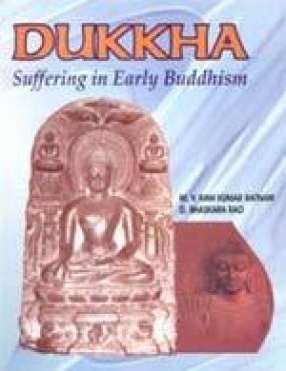
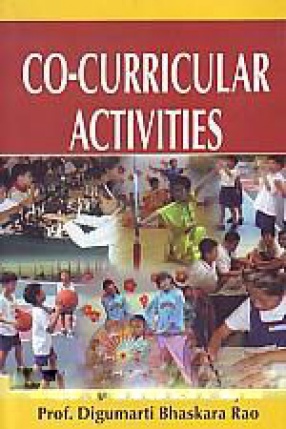
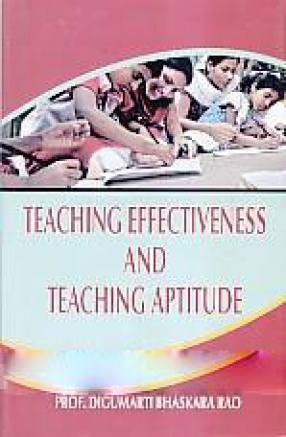
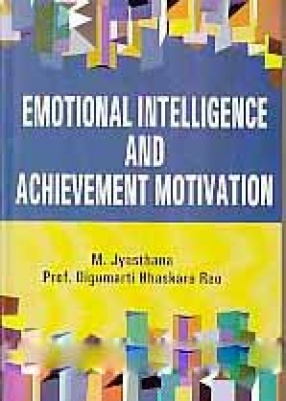
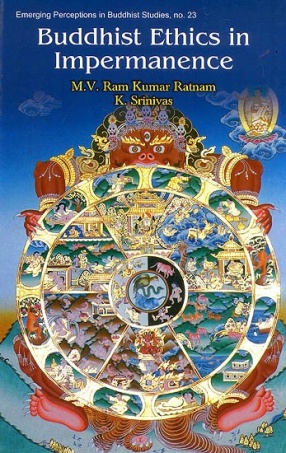
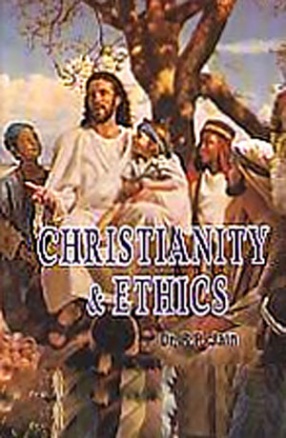
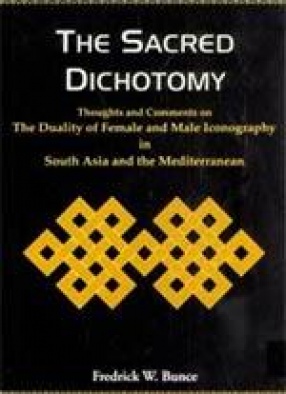
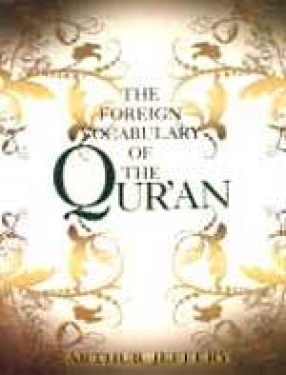
There are no reviews yet.